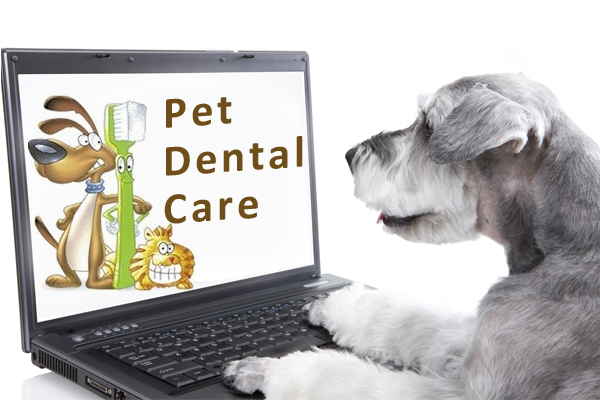Have you ever noticed that your pet’s mouth smells or his/her teeth have turned yellowish or brownish? Or your dog is constantly avoiding his food or your cats have trouble chewing food?
Just check yourself – What happens if you don’t brush your teeth daily? Within few days, not even few – only within one or two days your mouth starts smelling, tartar and plaque starts to build around the gum line and in between the grooves of your teeth.

The same is even true for your pets. Bad breath, tartar, plaque, swelling in the gums and pain while chewing food – all these conditions come fore, which reflect that your pet is suffering from periodontal disease. This problem in pets arises due to lack of routine dental hygiene in animals – which has to be normally practiced by pet parents.
According to veterinarians – More than 80% dogs and cats over the age of three suffer from one or the other form of dental disease.
So, it becomes utmost important for you as a pet parent to provide the dental hygiene to your pets on a regular basis. Like humans, pets also develop dental problems including gingivitis, tooth resorption, bleeding gums, loose teeth or infected teeth and other oral problems. Generally, when these issues are not attended, they may even lead the infection to the internal organs causing damage to heart, lungs, kidneys and other vital organs.
So, what can you do to prevent oral problems or slow down the development in your pets?
As we have studied that lack of dental care leads to multiple problems into oral cavity, being a pet owner it becomes vital for you to provide the best oral hygiene to your dog or a cat.
Steps to Your Pet’s Dental Hygiene
Keeping Teeth Shining and Clean with Daily Brushing
As animals are under-developed species, carrying on their personal hygiene is not possible for them, and so you need to take responsibility to brush your dog’s teeth daily. Animal toothbrush and pet toothpaste are available in the market, which you can buy for your pet.
If you find difficulty in brushing your pet’s teeth, take the basic guidelines from your vet. On the other hand, if your pet is fussy, ask your vet for guidance on how to introduce your pet to dental hygiene routine.
For most pet owners, brushing their pets seems tedious and tiresome. You can opt for oral gels and rinses such as PetzLife Oral Care Gel or mouthwashes that can easily clean their cavity removing tartar and plaque.
Introducing brushing to your puppy and kitten at an early stage can avoid dental issues in the later stage.
A Healthy Dog Food to Avoid Dental Problem
Healthy dog food keeps dental problems at bay. Special types of dog chews and cat chews are available in the market that strengthen their gums and deodorizes offensive breadth. Moreover, Canine Total Oral Defence supplement prevents periodontal diseases and keeps your pet’s teeth stronger.
A Visit to a Veterinarian Office
Once a year, a vet visit is necessary for your pet’s dental checkup. Your vet performs a complete oral exam on your pet looking for any problematic issues like excessive tartar build-up, swelling of the gums or ulcerations. If necessary, he can direct you about the things to take care of for your pet’s dental hygiene.
Well, these are a few things on your pet’s dental care from our expert’s diary. Are you following any oral care tips for your pet? Do share with us what is your pet’s dental hygiene regime.





